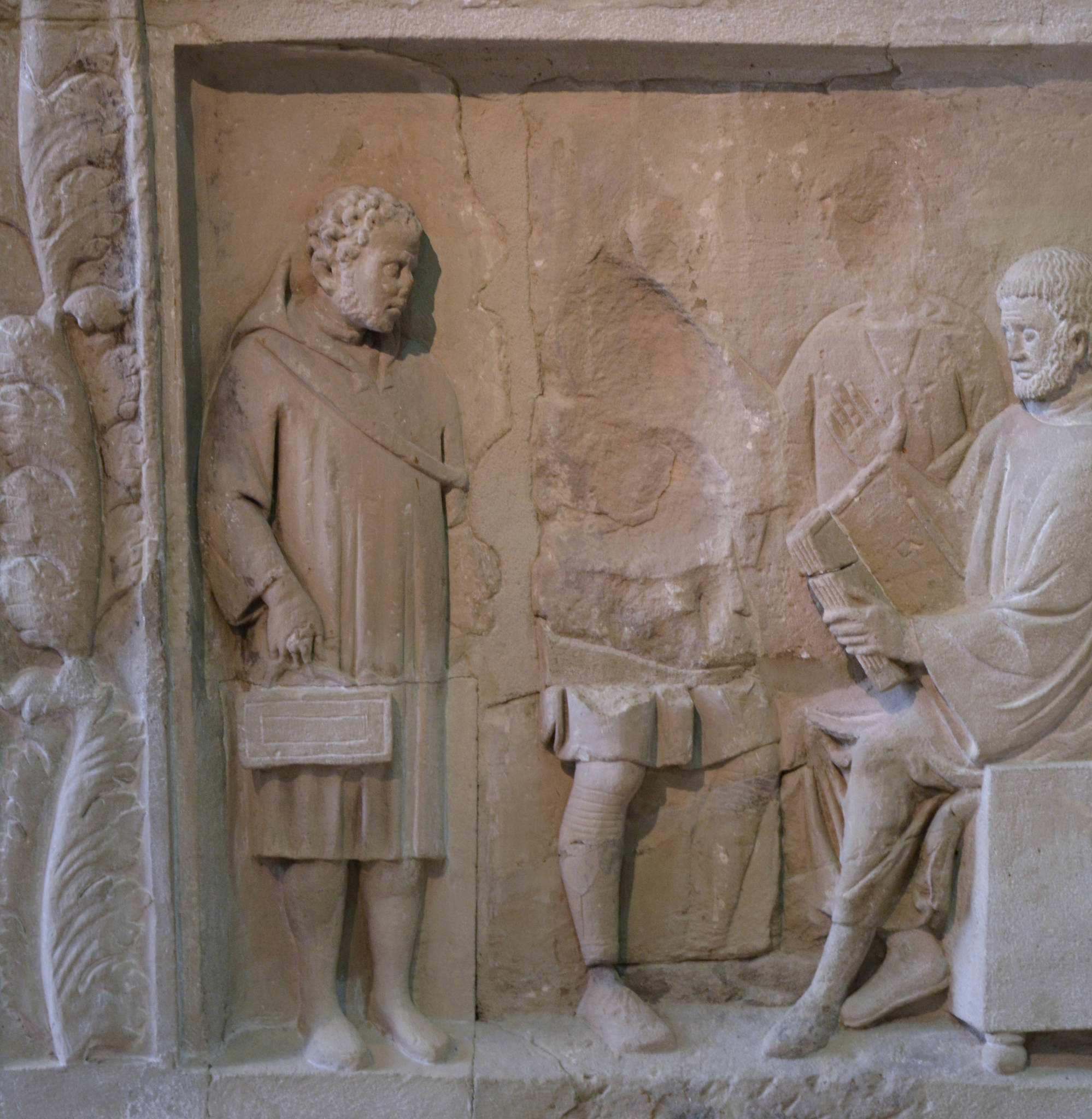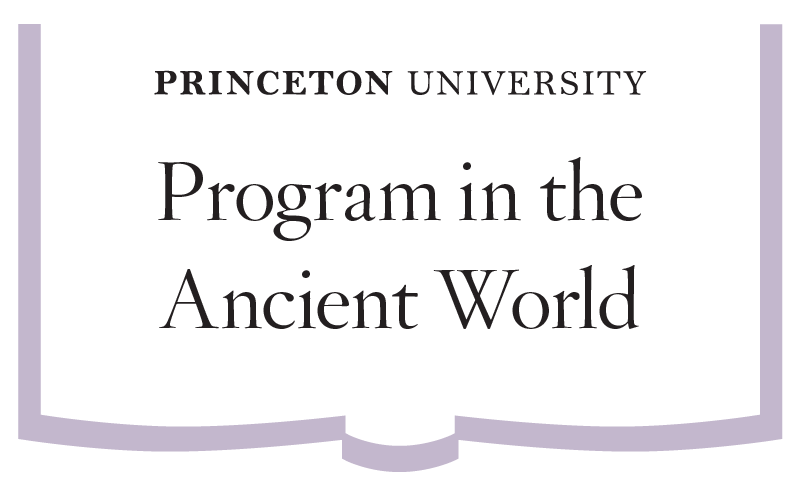
Law, Agency, and the Management of Property in the Roman Empire
Dennis P. Kehoe Tulane University
October 24, 2019 · 4:30 pm—6:00 pm · 010 East Pyne
Program in the Ancient World

This talk explores the relationship between law and the economy in the Roman Empire by examining the various types of agents, often slaves or freedmen, whom upper-class property owners used to manage the investments on which their incomes depended. As widely recognized, however, Roman law never developed the direct forms of agency essential to modern business enterprises, for example, when an employee enters into a contract that binds a firm.
This situation created problems not only for the property owners themselves, but also for any third parties doing business with an agent, since they would be unlikely to enter into the types of contracts, such as purchasing the crops produced on an estate, without assurance that the property owner would make good on any commitment that the agent would make. I will examine the extent to which the response of the Roman legal authorities to these difficulties protected the financial interests of Roman property owners while also creating appropriate incentives for agents to seek out potentially lucrative opportunities. The legal institutions that the Romans developed for agency relationships are likely to have had a significant effect on economic planning by Roman property owners and the organization of commerce in the Roman Empire.
Dennis Kehoe is Professor of Classical Studies at Tulane University, where he has taught since 1982, after receiving his Ph.D. in Classical Studies at the University of Michigan. His research is in Roman social and economic history, with a focus on the relationship between law and the economy in the Roman Empire. He has published studies of the role of law and administrative policies in the agrarian economy of the Roman Empire, and he is a contributor to the recently published Codex of Justinian, edited by Bruce W. Frier (Cambridge, 2016)












